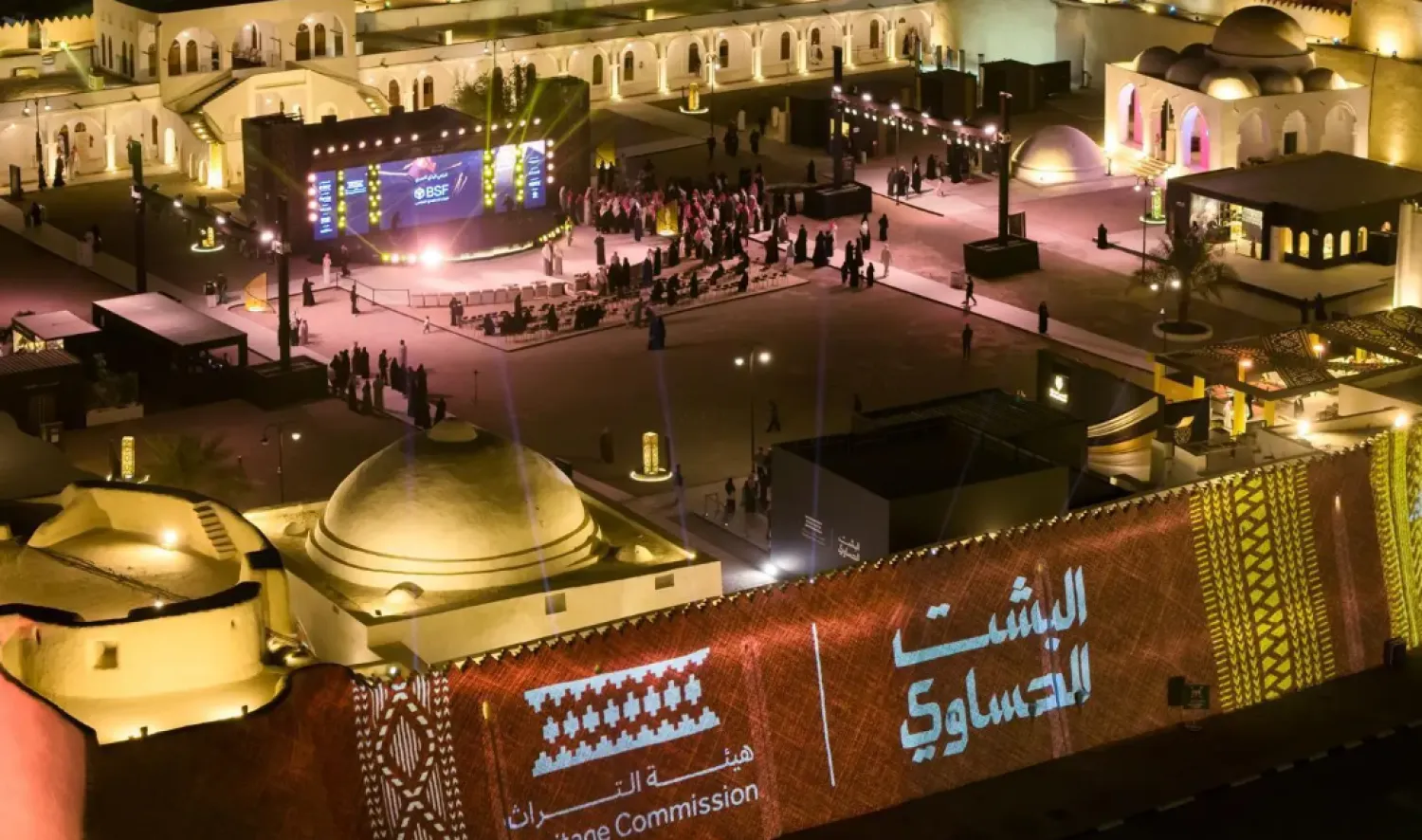Saudi Arabia’s Royal Commission for AlUla (RCU) has announced that the archeological excavation teams at the Qurh site in AlUla Governorate have found a hand axe dating back to the Paleolithic Age, estimated to be more than 200,000 years old.
It is a strong tool, made of soft basalt stone 51.3 cm long, that could have been used for cutting or chopping. Studies are still conducted to identify the purpose of its use.
Qurh is one of the historical sites that have gained prominence in the early Islamic periods. It was one of the most important urban sites in the Arabian Peninsula, rich with secrets and historical and archeological treasures.
The ancient tool was discovered by a team of archeologists from the heritage consultancy TEOS Heritage, which is exploring the area around Qurh, south of AlUla, looking for evidence of man's existence in ancient times. The team has found several archeological discoveries dating back to the early Islamic period, but this new discovery, the hand axe, is considered to mark a new chapter in the history of humanity in and outside the Arabian Peninsula.
RCU is currently overseeing 11 other specialized archeological projects in AlUla and Khyber, all part of its efforts to discover the secrets of ancient times. The commission attaches great importance to archeological discoveries as part of its AlUla comprehensive development plan to become a world-leading destination for natural and cultural heritage.
Royal Commission for AlUla Announces Discovery of Over 200,000-Year-Old Hand Axe

RCU announced that the archeological excavation teams at the Qurh site in AlUla have found a hand axe dating back to the Paleolithic Age. SPA

Royal Commission for AlUla Announces Discovery of Over 200,000-Year-Old Hand Axe

RCU announced that the archeological excavation teams at the Qurh site in AlUla have found a hand axe dating back to the Paleolithic Age. SPA
لم تشترك بعد
انشئ حساباً خاصاً بك لتحصل على أخبار مخصصة لك ولتتمتع بخاصية حفظ المقالات وتتلقى نشراتنا البريدية المتنوعة







